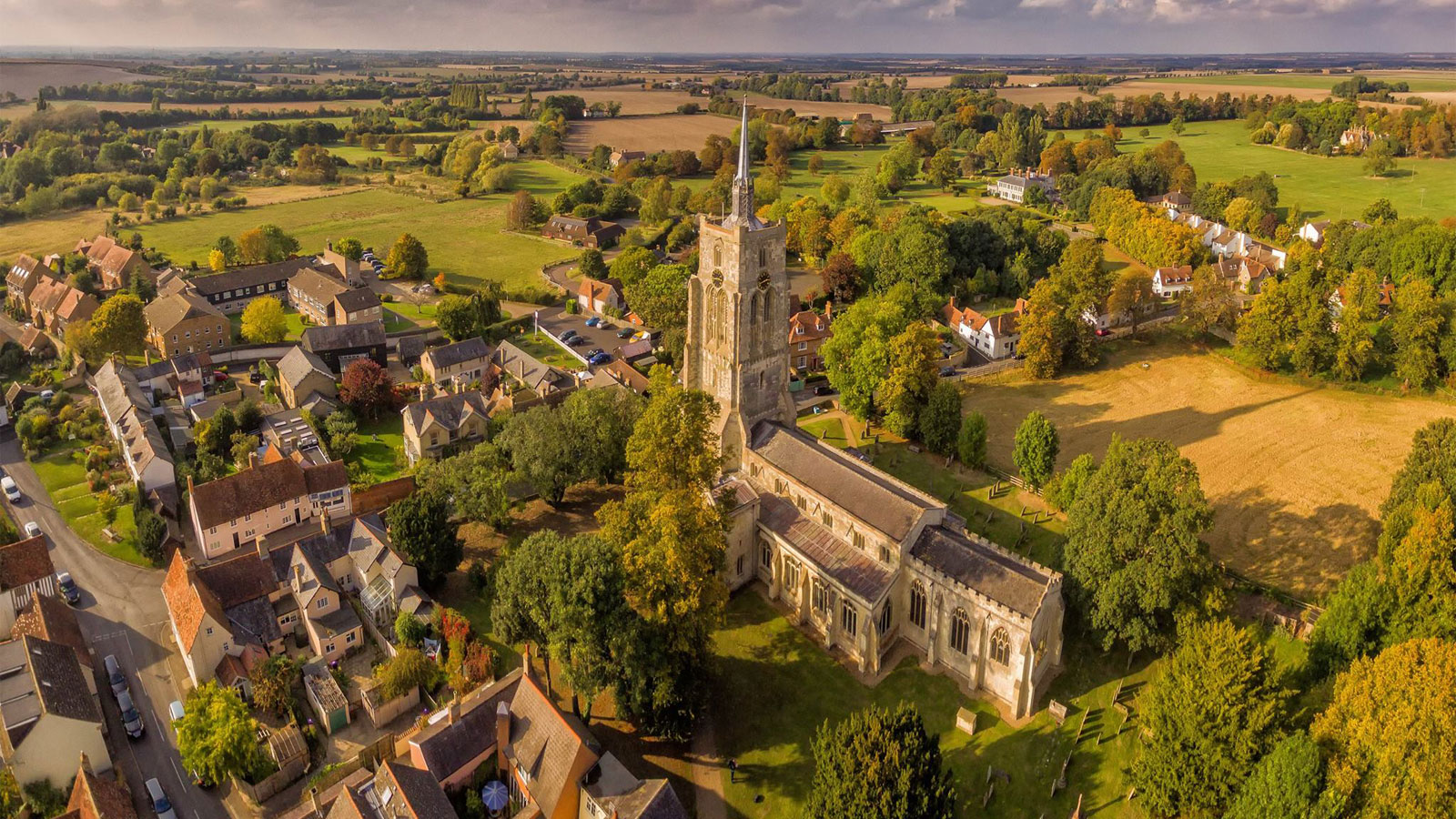|
First-of-its-kind research from Historic England has quantified the impact of local heritage on residents, with the annual economic benefit of historic sites in the country worth an estimated £29bn

Tom Anstey | Planet Attractions | 22 Mar 2024

 St. Mary's Church in the village of Ashwell opened in 1381 and is just one example of local heritage in England St. Mary's Church in the village of Ashwell opened in 1381 and is just one example of local heritage in England
Wellbeing created from day-to-day encounters with local heritage in England is worth £29bn (US$36.5bn, €33.7bn) annually, according to a new report.
The research from Historic England suggests that an average person’s life satisfaction is improved to the value of £515 (US$649, €600) per year if they live near a local heritage site, such as a small museum or village church.
Calculated using guidance from the British Treasury on measuring and quantifying in economic terms the effect of policies on people’s lives, the Heritage Capital and Wellbeing Report suggests that the mere presence of a nearby historic location can benefit a resident’s quality of life even if the resident themself does not participate in a heritage activity.
According to the study, Grade II listed heritage structures, which represent the vast majority of England’s historic places (92%), are the main drivers of increases in life satisfaction.
The study also reveals that living in close proximity to lots of local heritage has more effect on life satisfaction than rare or exceptional historic places.
Funded by the Department for Culture, Media and Sport (DCMS) through its Culture and Heritage Capital Programme, Historic England says the report is the first of its kind to quantify the wellbeing value of heritage.
“Heritage has a profound impact on how places are perceived,” said Lord Mendoza, chairman of Historic England.
“The presence of heritage, its aesthetic character, authenticity and representative collective memory influence how we connect with our surroundings and how we feel.
“From associations of beauty and custodianship conjured by even the most modest of historic homes to the congruence and distinctiveness provided by a well-maintained local historic shopping parade to the celebration of people and stories past embodied in local monuments, our local heritage has a lasting impact on our perceptions and experiences of place.”
Historic England’s research considers other factors that influence life satisfaction, including socioeconomic characteristics, local prosperity and health data. The findings show that even after accounting for such factors, heritage has a significant role to play in improving wellbeing, demonstrating the importance of conserving and protecting historic places.
“People often experience emotional connections with their local heritage, yet the link between heritage and wellbeing is frequently overlooked in economics,” said Adala Leeson, head of Social and Economic Research for Historic England.
“This innovative research uses economic techniques to demonstrate that heritage is not just nice to have; it has significant, measurable impacts on our overall wellbeing.”
Read the full study here
Heritage
|
|






Supplier Showcase 2025: The biggest attractions projects landing worldwide this year
|